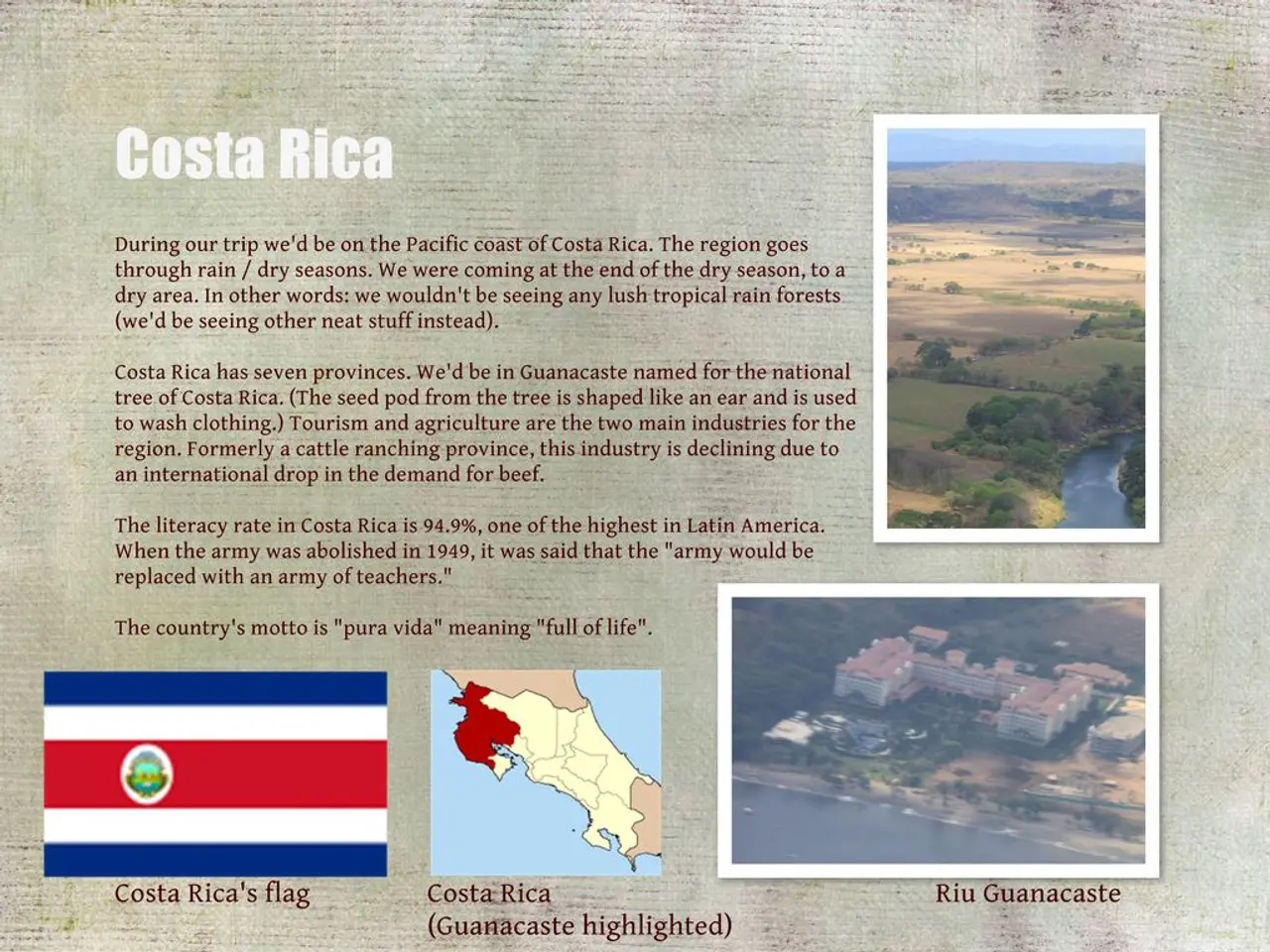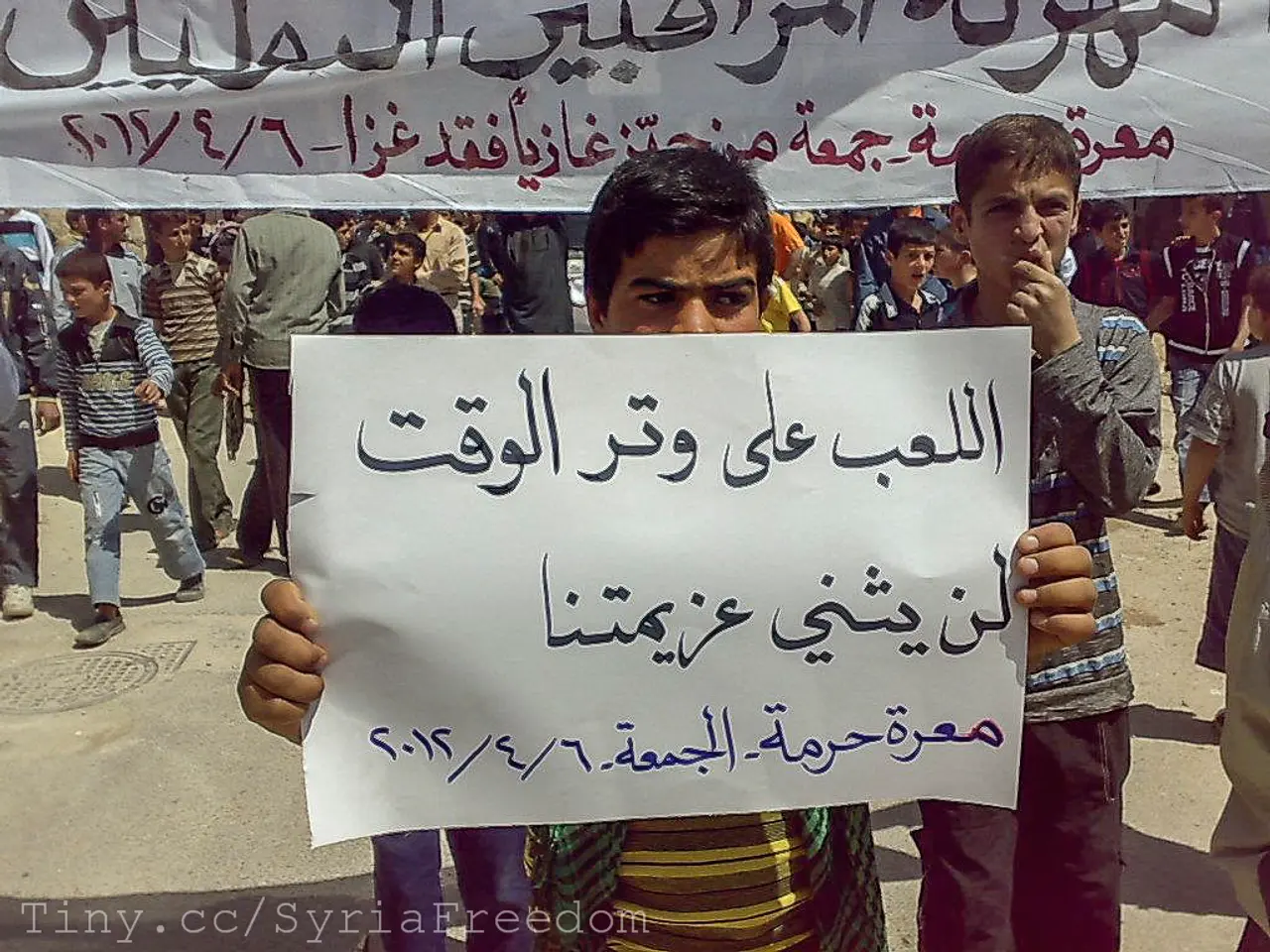Withdrawal of Asturias from Catalonia and Valencia's financing plans, emphasizing commitment to multilateralism.
The Santiago Declaration, signed by the presidents of eight autonomous communities in Spain in November 2021, represents a significant political agreement focusing on autonomous financing. The signatories include Galicia, Castile and León, Castile-La Mancha, Aragon, Extremadura, Asturias, La Rioja, and Cantabria.
The declaration calls for fairer financial arrangements, reform of the current financing model, greater financial self-determination, and improved equity and transparency in the distribution of funds from the central government to the autonomous communities.
The agreement emphasises the need for a new system of autonomous financing that can only be the result of a multilateral consensus. The presidents propose this new system as a means to address the varying levels of fiscal autonomy and funding mechanisms among Spain's autonomous communities.
Notably, the President of the Principality of Asturias, Adrián Barón, has reaffirmed his commitment to the Santiago Declaration and advocates for multilateral negotiation instead of bilateral forums. However, he has distanced himself from financing proposals for Catalonia and the Valencian Community made by his party colleagues.
The specific case of the Valencian Community's proposal is different from the position set out in the Santiago Declaration, as it prioritizes the number of inhabitants when distributing resources. This proposal, which was agreed upon with Andalusia, Murcia, and the Balearic Islands, has been specifically rejected by Adrián Barón.
Adrián Barón has also expressed his concern about providing healthcare assistance for an elderly and dispersed population, emphasising that it is not the same as for a concentrated and young population.
The Santiago Declaration, consisting of 35 points, also addresses local issues, health, depopulation, education, dependence, co-governance, and the aging of the population. The agreement, which only had Vox's vote against, also includes the 2020 agreement on autonomous financing, in which Adrián Barón's position on autonomous financing is defined.
This declaration marks a significant step towards addressing the ongoing political efforts to balance regional self-government with national unity in Spain. By advocating for multilateral negotiation and reform of the state funding mechanisms, the signatories of the Santiago Declaration aim to create a more equitable and transparent system of autonomous financing for Spain's diverse autonomous communities.
[1] For a more detailed understanding of the historical context of autonomy in Spain, further research on the "fast route" and "slow route" to autonomy mentioned in the Spanish constitution is recommended.
- The Santiago Declaration, a political agreement signed by eight autonomous communities in Spain, advocates for policy-and-legislation changes aimed at creating a more equitable and transparent system of international funding, focusing on reform of the current financing model and autonomous financing.
- With the rejection of the Valencian Community's proposal prioritizing the number of inhabitants when distributing resources, the President of the Principality of Asturias, Adrián Barón, emphasizes the need for a general-news approach to address the specific needs of each autonomous community, particularly in healthcare and elderly populations.








